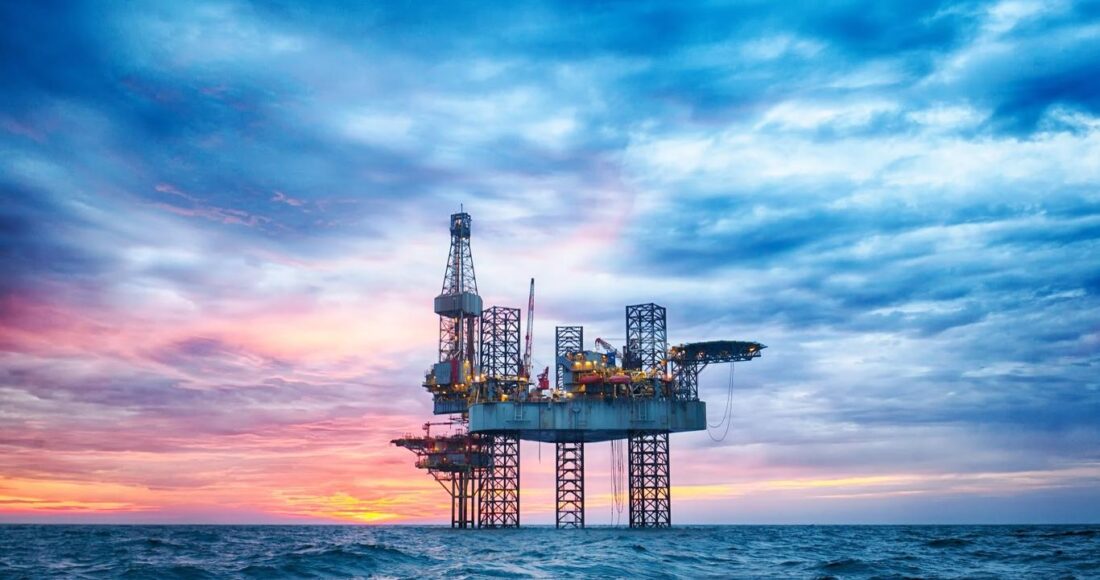The global spike in the price of oil coupled with the Russia-Ukraine conflict has sent Western nations, particularly in the EU and U.S., searching for alternate sources of fuel. The U.S. banned the importation of Russian oil imports as of March 2022 while the EU and U.K. banned the importation of oil from Russia as of December 2022.
Without Russian oil, the nations have turned to Africa as a resource for oil and gas. This benefits African economies in general and creates new opportunities for employment as new jobs are created within this industry.
A report recently released by the African Energy Chamber, “The State of African Energy: 2023 Outlook,” notes that oil and gas production in Africa remains steady and has not been affected by the Ukraine-Russian conflict.
Oil Production in Nigeria
Although Nigerian oil production hit a 30-year low in August 2022, it has identified and repaired the problems causing the setback and is on track for recovery.
Some of the identified setbacks that the Nigerians faced were:
- In July, it was discovered that there were leaks at the Forcados crude oil terminal. The Nigerians solved the problem themselves and the leaks were repaired by October.
- Oil theft had been a problem for a long time. The problem was solved with the discovery and shutdown of an illegal pipeline that, for nine years, had been siphoning stolen gas.
By November 2022, production had climbed back up to 1 million barrels per day (bpd), making Nigeria once again Africa’s biggest oil producer. An overall increase is expected in 2023.
Oil Production in Libya
Early in the year, two competing governments led to outages and blockages that reduced Libya’s production of oil from 1.2 million bpd to only 100,000 bpd. By August, the production level had returned to 1.2 bpd and remained steady at that level for the rest of the year.
Future Oil Production Expectations in Africa
Along with the oil-producing nations of Nigeria and Libya, a new oil well was recently discovered in Angola. All of these nations suffer from the same two problems: 1) Lack of new projects; and 2) need for foreign investment. There is some excitement on the horizon with expectations that these two problems can be overcome.
Without those two problems being solved, it is projected that oil production in these African nations will be only marginally increased to 7 million bpd with an expectation of an increase to 7.5 bpd by 2030. Energy-hungry nations can, at a minimum, depend on Africa’s consistency in oil production.
Natural Gas Production in Africa
As with oil production, natural gas production by African nations has not been affected by the Russian-Ukraine conflict. Some African nations that are actively producing natural gas include:
● Algeria.
● Mauritania.
● Senegal.
● Mozambique.
In November, Mozambique began exporting its natural gas to Europe. This success was partially due to the EU’s recent investment in Mozambique’s security. Hopefully, the African country can maintain stability so that it can continue to be part of Europe’s energy solution.
Short and Long-Term Goals
Europe and the U.S. need to consider the strengths and weaknesses of each individual African nation that produces oil and gas. The continent’s production is expected to remain steady and has the potential of forming partnerships with those willing to investigate and invest in an individual country’s production.









